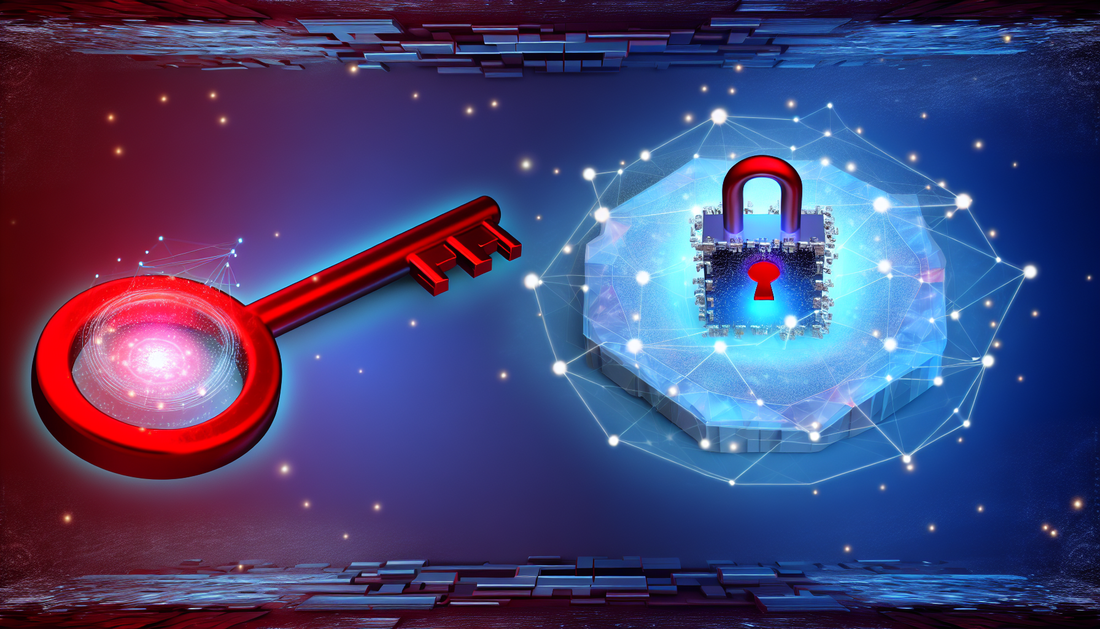
Unlocking QuarkChain: Transforming Blockchain Use Cases
Share
QKC (QuarkChain): Exploring Key Use Cases
QuarkChain (QKC) is a blockchain platform that seeks to provide a high-throughput solution by utilizing a sharding-based structure. Its architecture is designed to accommodate decentralized applications (dApps) with large-scale adoption while ensuring efficiency and scalability. The unique design of QuarkChain facilitates diverse use cases across several sectors, from decentralized finance to gaming and beyond.
Decentralized Finance (DeFi)
One of the key use cases for QuarkChain is in the realm of decentralized finance (DeFi). By employing a two-layered structure, QuarkChain provides a scalable platform capable of supporting high transaction volumes. This attribute makes it particularly well-suited for various DeFi protocols, ranging from decentralized exchanges (DEXs) to lending platforms. The unique combination of multiple blockchains within a unified network allows for efficient processing and reduced bottlenecks, which are crucial in ensuring the smooth functioning of high-volume financial applications.
Gaming and Non-Fungible Tokens (NFTs)
Blockchain gaming and NFTs represent another significant opportunity for QuarkChain. With improvements in throughput and low latency, the platform can support the complex data structures required by modern gaming applications. For NFT platforms, QuarkChain's scalability ensures that minting, transferring, and auctioning digital assets can proceed without excessive delays or high transaction costs, two issues that plague many other blockchain systems dealing with digital art and in-game assets.
Enterprise Applications
Enterprises seeking to integrate blockchain technology into their operations often struggle with finding a platform that can scale while maintaining high data integrity and security. QuarkChain aims to address these concerns by offering high throughput, which is essential for large organizations processing thousands of transactions daily. Use cases include supply chain tracking, digital identity verification, and secure data sharing across multiple organizations. The flexibility of QuarkChain’s consensus and governance mechanism allows enterprises to adopt tailor-made solutions while leveraging the decentralized benefits of a blockchain.
IoT (Internet of Things)
QuarkChain's architecture is also suited for IoT applications, which require decentralized systems capable of supporting massive numbers of micro-transactions and data transmissions. Devices in the IoT space often generate data in real time, necessitating a blockchain solution that can process a high volume of small-scale transactions almost instantaneously. QuarkChain’s sharded structure helps to accommodate this high volume, offering an environment where data from IoT devices can be recorded and validated without straining the network.
Diverse Smart Contracts
Smart contracts are the backbone of many blockchain ecosystems. QuarkChain offers the flexibility of deploying different consensus mechanisms and virtual machines within its sharding system. This enables the deployment of complex and flexible smart contract solutions tailored to specific industries—whether it's supply chain automation, real estate deals, or digital rights management. The multi-chain system allows these contracts to operate seamlessly, ensuring that each shard can handle different tasks according to its specifications.
